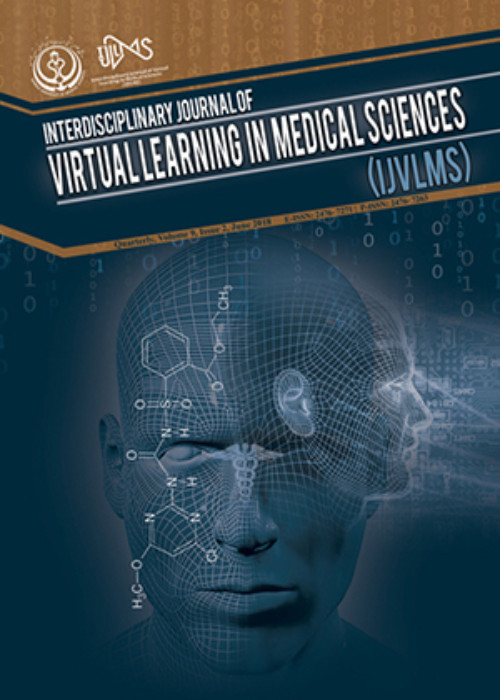Using the TPACK-G Model to Assess High School Teachers’ Acceptance of Digital Game-Based Learning in View of Perceived Usefulness and Digital Self-Efficacy
The purpose of this paper was to assess Urmia high school teachers’ acceptance of digital game-based learning in view of their perceived usefulness and digital self-efficacy.
A cross-sectional descriptive correlational study was conducted among the educational areas in the academic year 2019-2020 in the city of Urmia. Taking into account all high school teachers (n=436), using Cochran’s formula, 205 teachers were chosen through a relative stratified sampling method, with the female teachers (n=258) and male teachers (n=178). Research instruments included questionnaires based on TPACK-G for evaluating perceived usefulness, computer self-efficacy, and acceptance of digital games. A path analysis was performed on the data using the Lisrel 8.50 and SPSS 22 procedures.
The findings showed that the relationship between all the variables in the study and the acceptance of such learning was significant. The variables that had the smallest relationship with the acceptance of digital game-based learning was the pedagogical knowledge of games (r=0.103, p <0.05), while the most significant relationship was found with the technological knowledge of games (r=0.274, p <0.01). The direct impact (TPACK-G) on teachers’ digital self-efficacy is equal to (0.219, 0.165, 0.187), and on acceptance (0.160, 0.142, 0.222), which is significant at(p <0.01). The most direct impact was found for the usefulness on acceptance (standardized parameter=0.365, p <0.01). The smallest indirect impact was found for the self-efficacy on usefulness (0.027). The direct impact of teachers’ digital self-efficacy and the perceived usefulness on the acceptance of learning based on digital games is equal to (0.300, 0.365) which is significant at (p <0.01). In addition, findings of the study showed that the highest and lowest variances that accounted for the total variance were related to the acceptance of digital gamebased learning (%31) and self-efficacy (%20), respectively.
Teachers’ digital self-efficacy in terms of the ability to adopt technologies in learning and their perceived usefulness is an effective factor in teachers’ decisions regarding the use of digital games in the classroom.
- حق عضویت دریافتی صرف حمایت از نشریات عضو و نگهداری، تکمیل و توسعه مگیران میشود.
- پرداخت حق اشتراک و دانلود مقالات اجازه بازنشر آن در سایر رسانههای چاپی و دیجیتال را به کاربر نمیدهد.



